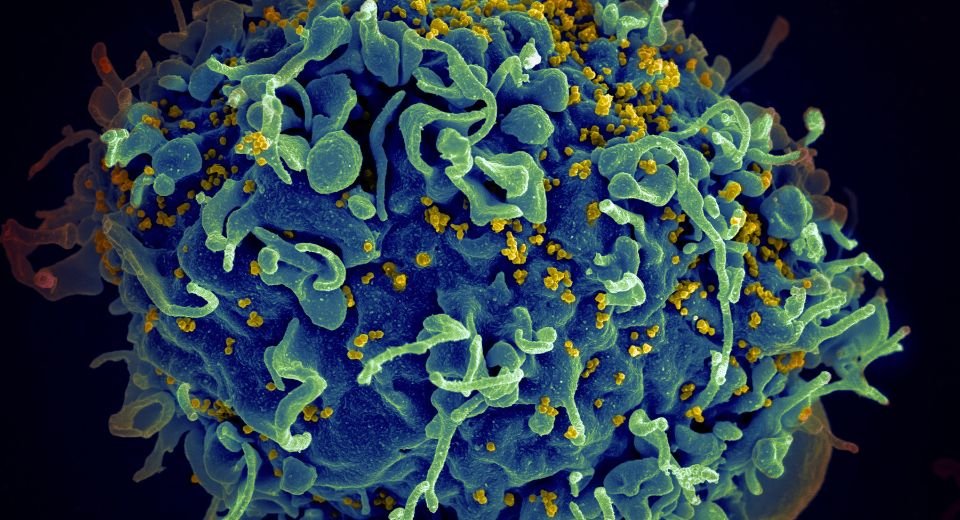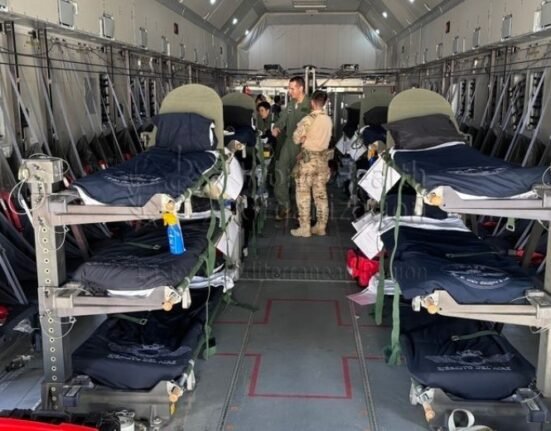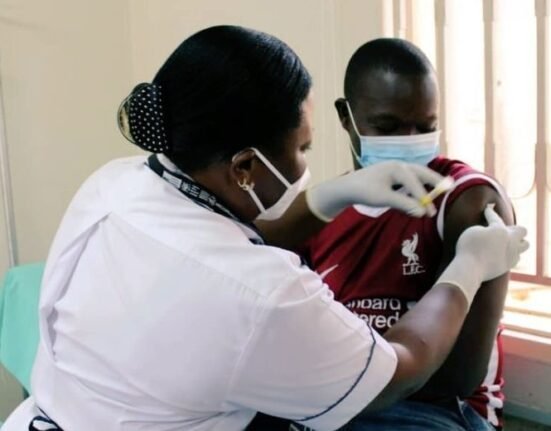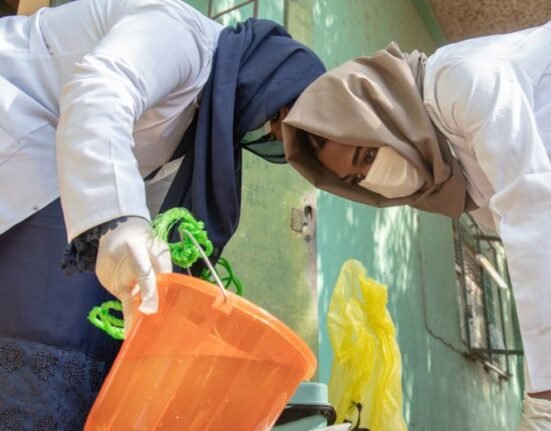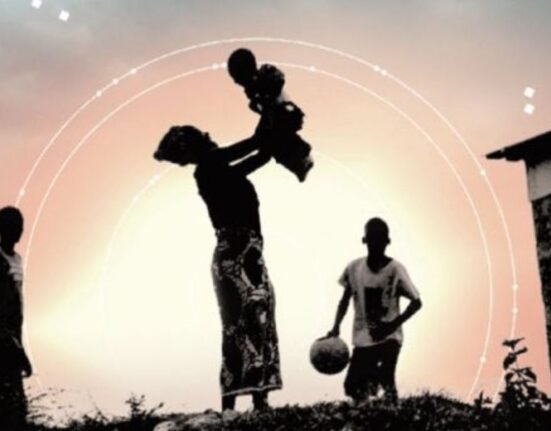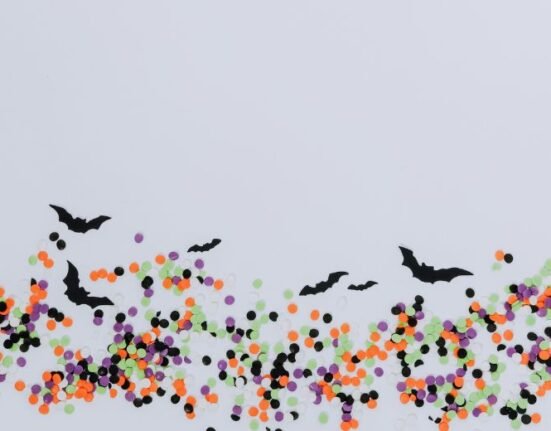HQ Team
July 24, 2023: The reliance of countries on external support for funding initiatives to combat HIV is worrisome, and though new infections and deaths are falling, some nations are experiencing rising incidence, the WHO stated.
“Financing remains precarious, while many high-burden countries are still overly reliant on external support,” said Dr Tedros Adhanom Ghebreyesus, WHO Director-General.
“New infections and deaths falling, but not fast enough.
And some countries and communities are experiencing rising HIV incidence,” he told delegates at a conference on HIV Science on July 23, 2023 in Brisbane, Australia.
There were approximately 39 million people across the globe with HIV, the virus that causes AIDS, in 2022, according to the US government.
Of these, 37.5 million were adults and 1.5 million were children less than 15 years old. In addition, 53% were women and girls.
Decline of 38%
About 1.3 million individuals worldwide acquired HIV in 2022 — down 38% since 2010, and 59% since the peak in 1995.
In December 2020, UNAIDS released a new set of targets calling for 95% of all people living with HIV to know their HIV status, 95% of all people with diagnosed HIV infection to receive sustained antiretroviral therapy, and 95% of all people receiving antiretroviral therapy to have viral suppression by 2025.
It was adopted by United Nations Member states in June 2021 as part of the new Political Declaration on HIV and AIDS.
New data from UNAIDS and WHO released last week showed countries, including Botswana, Eswatini, Rwanda, the United Republic of Tanzania and Zimbabwe have already achieved the 95–95–95 targets, and at least 16 others were close to doing so.
Main challenges
“Despite this encouraging progress, many real challenges remain,” Dr Tedros said.
“At the same time, we face a world of multiple overlapping crises, including conflict, migration, climate change – which have implications for the response to HIV, especially for fragile and small island states.”
The WHO will share updates on the global health agency’s work with communities to improve prevention, testing, treatment, and care on HIV.
It will communicate the role of antiretroviral therapy in halting sexual transmission, and how to strengthen health systems, based on a primary healthcare approach that delivers services, empowers communities, and works across sectors.
“We will also share new analyses on HIV and COVID-19, and another that demonstrates a clear relationship between HIV and mpox, along with research reinforcing how communities were central in addressing the mpox outbreak,” Dr Tedros said.
He urged the scientific community to continue the quest for a cure and a vaccine. “We need to continue listening to and responding to the voices of affected communities in the design and development of tools and programmes, and third, we need to keep human rights central.”


